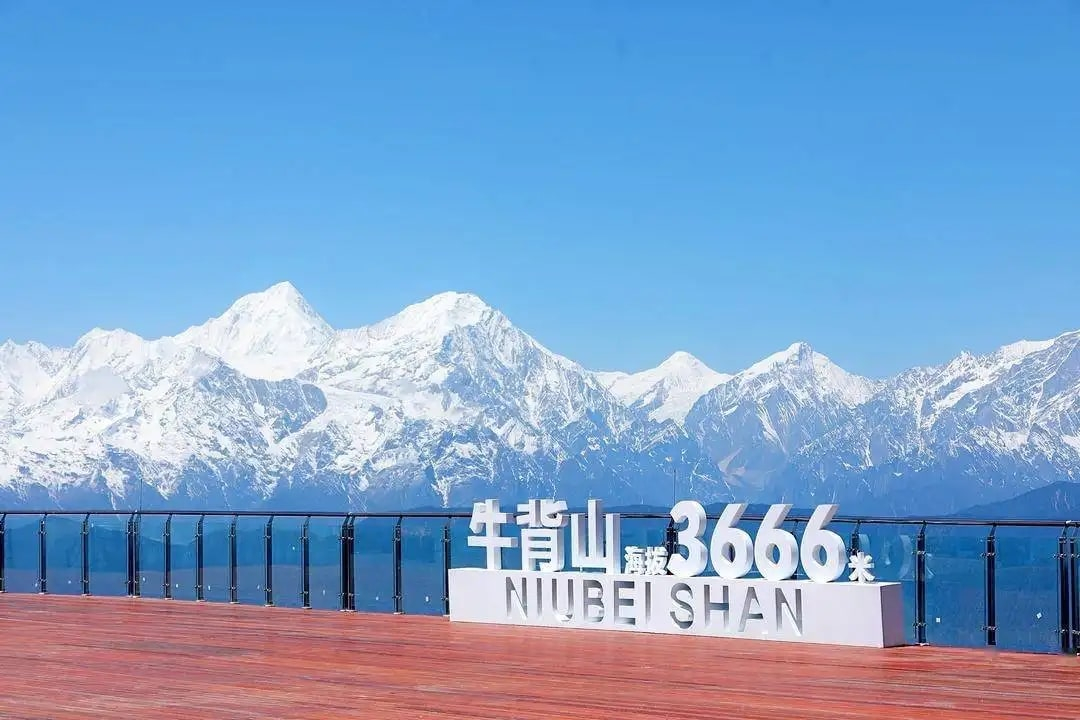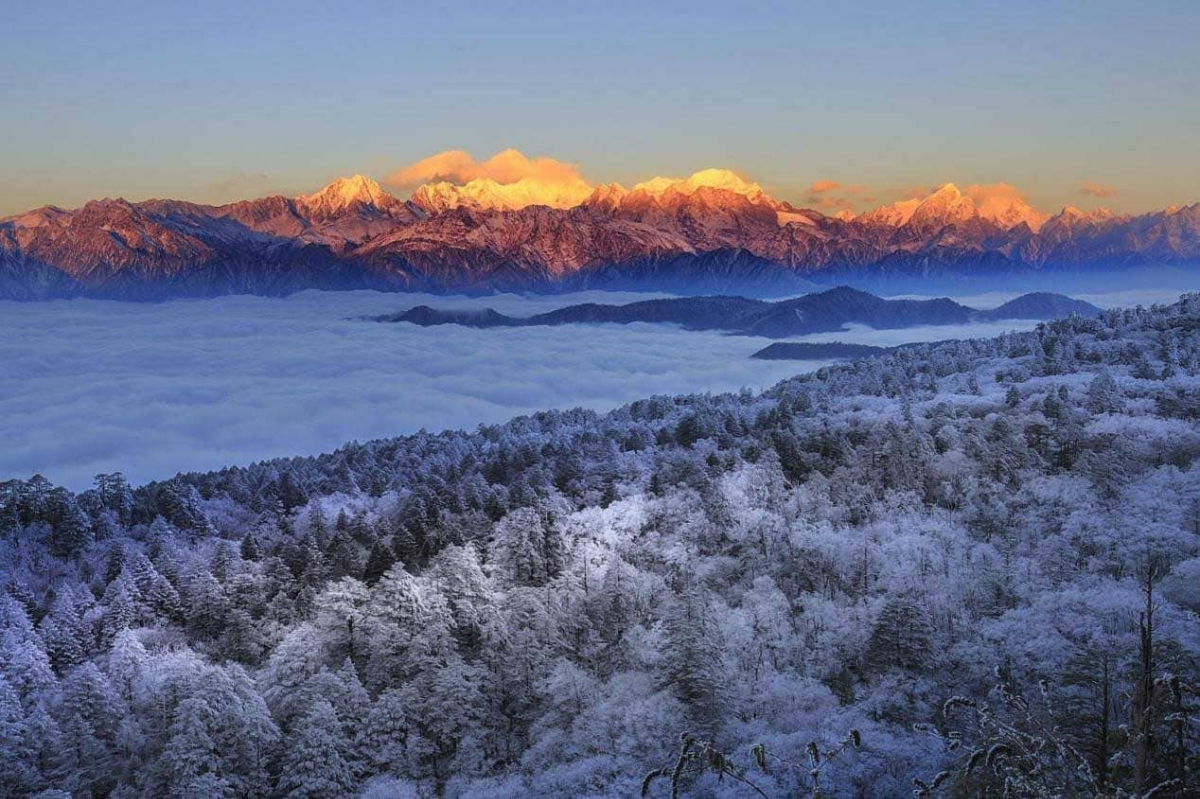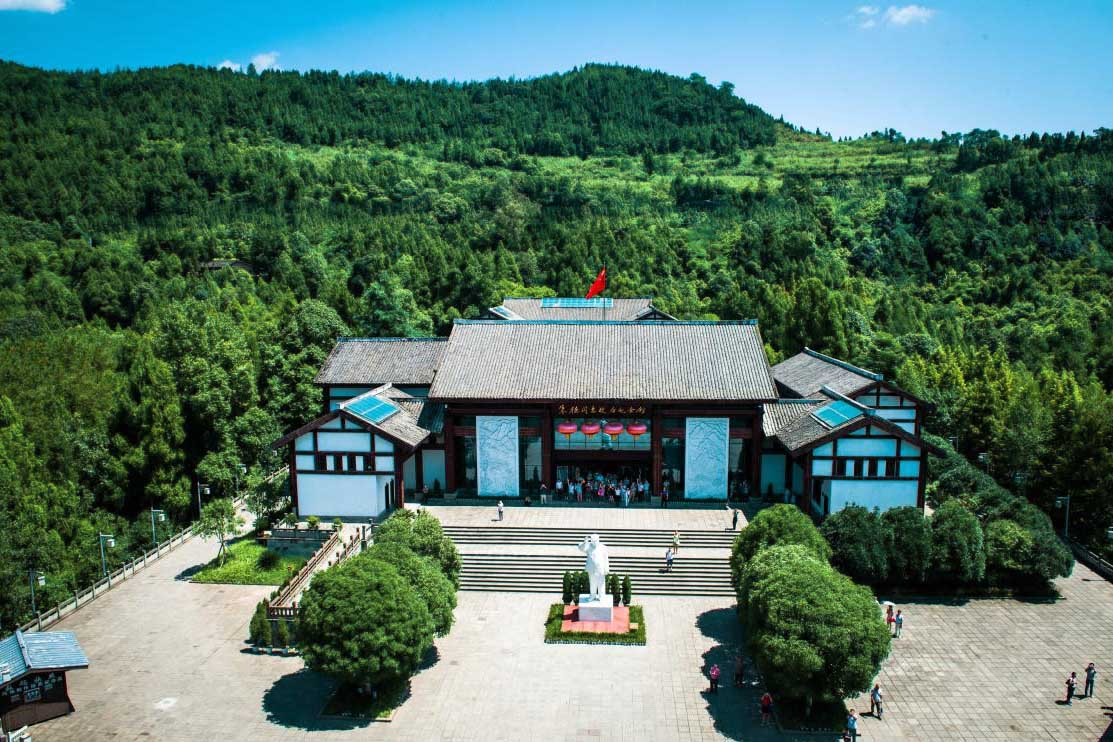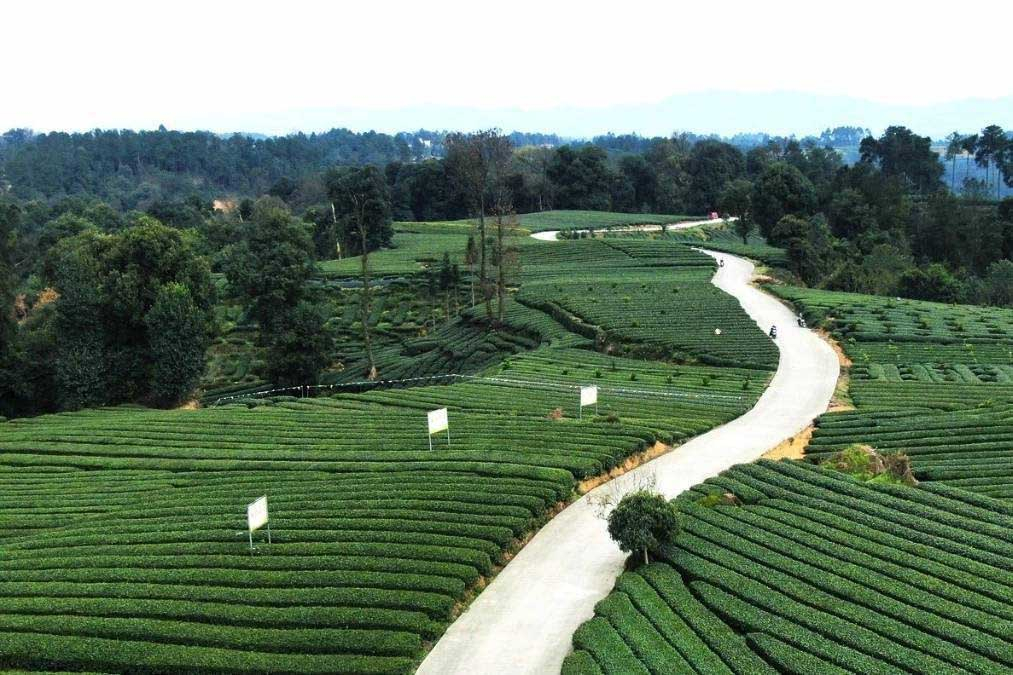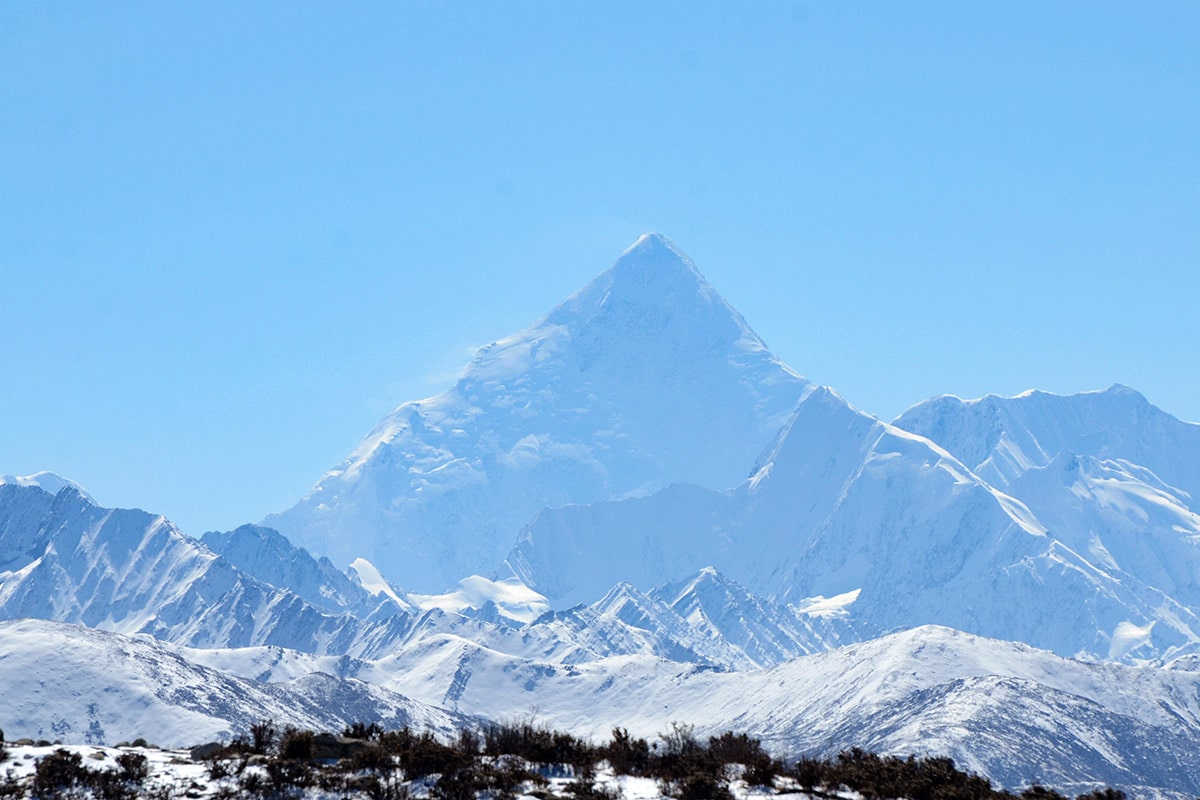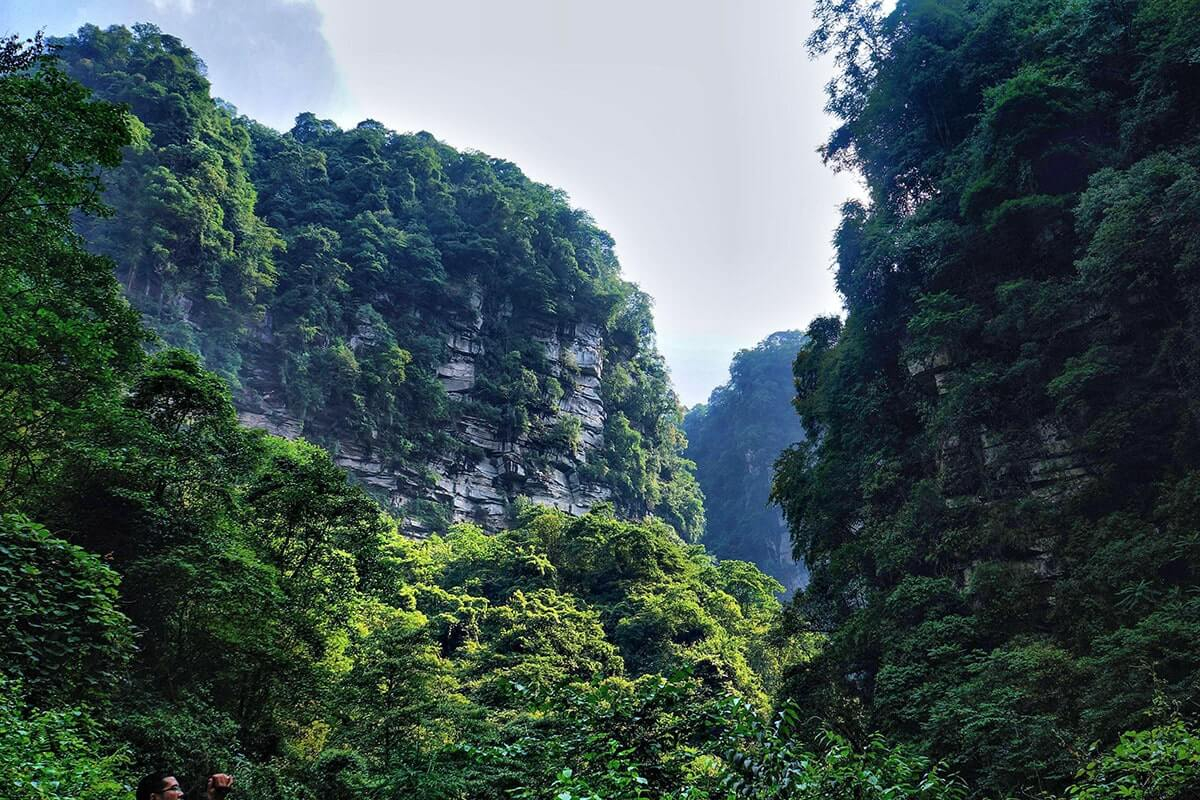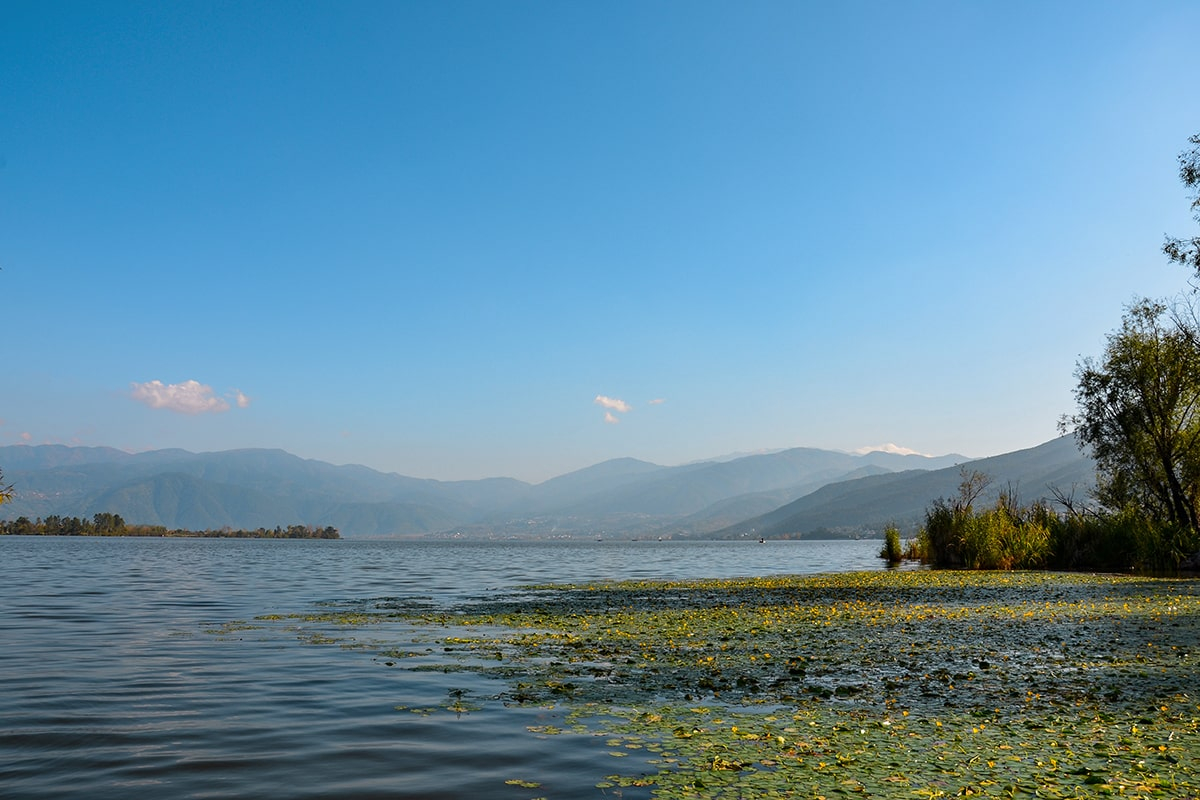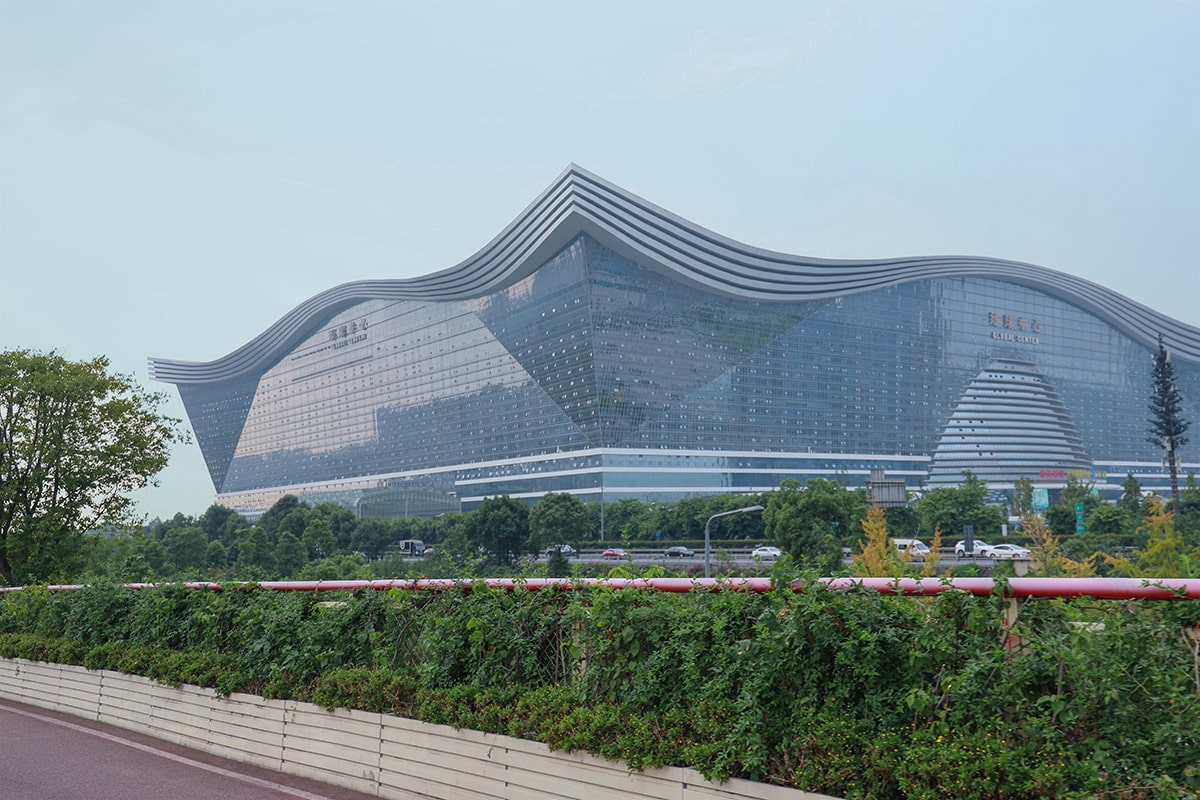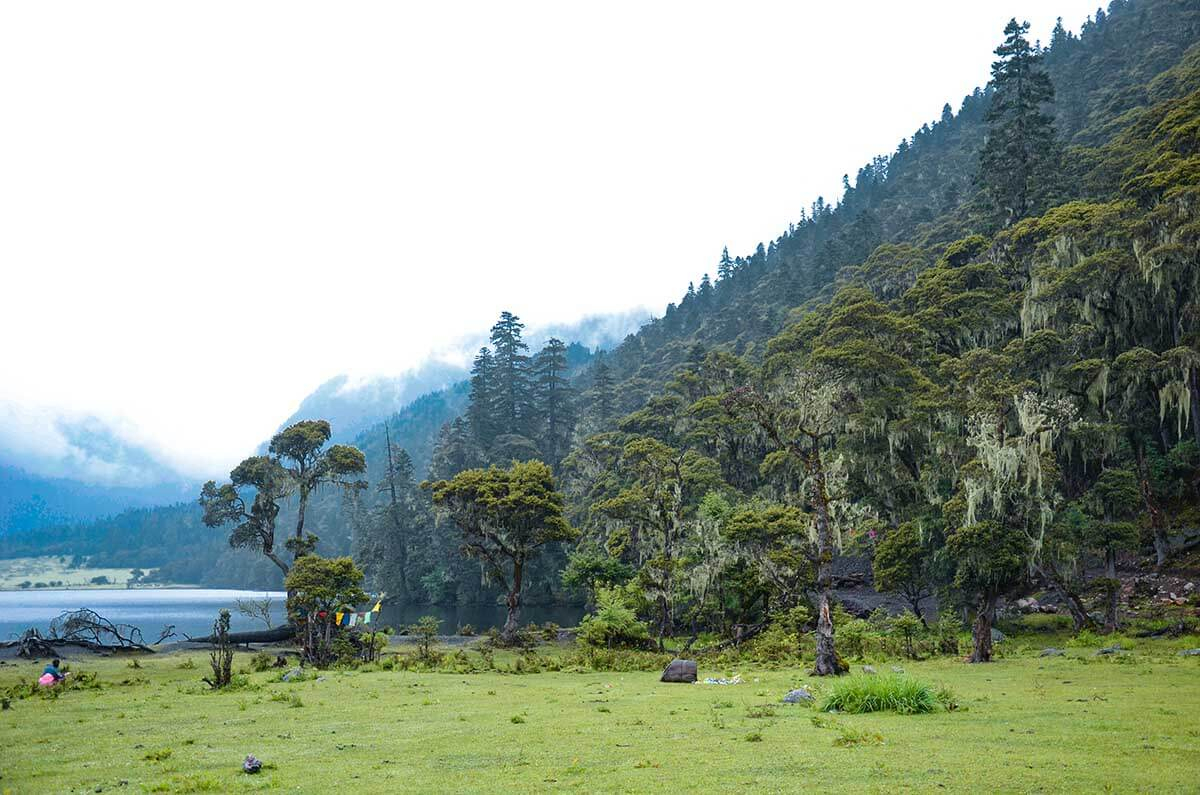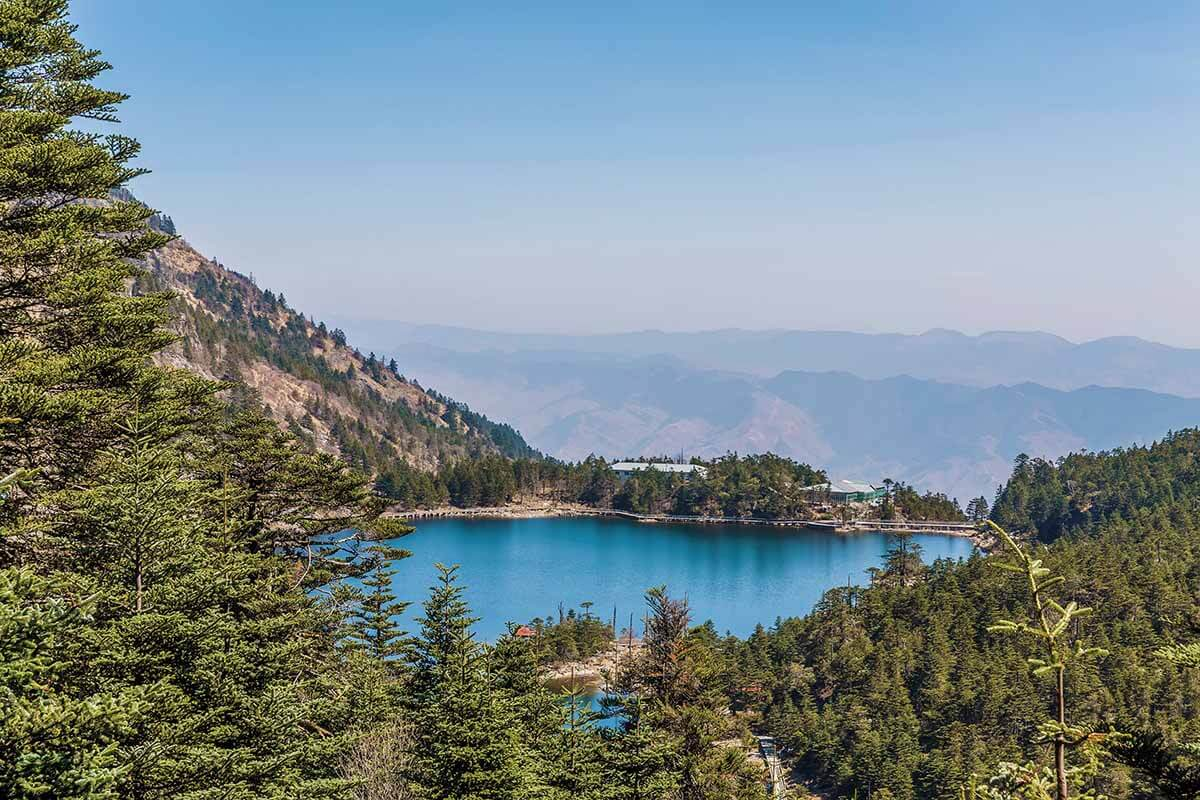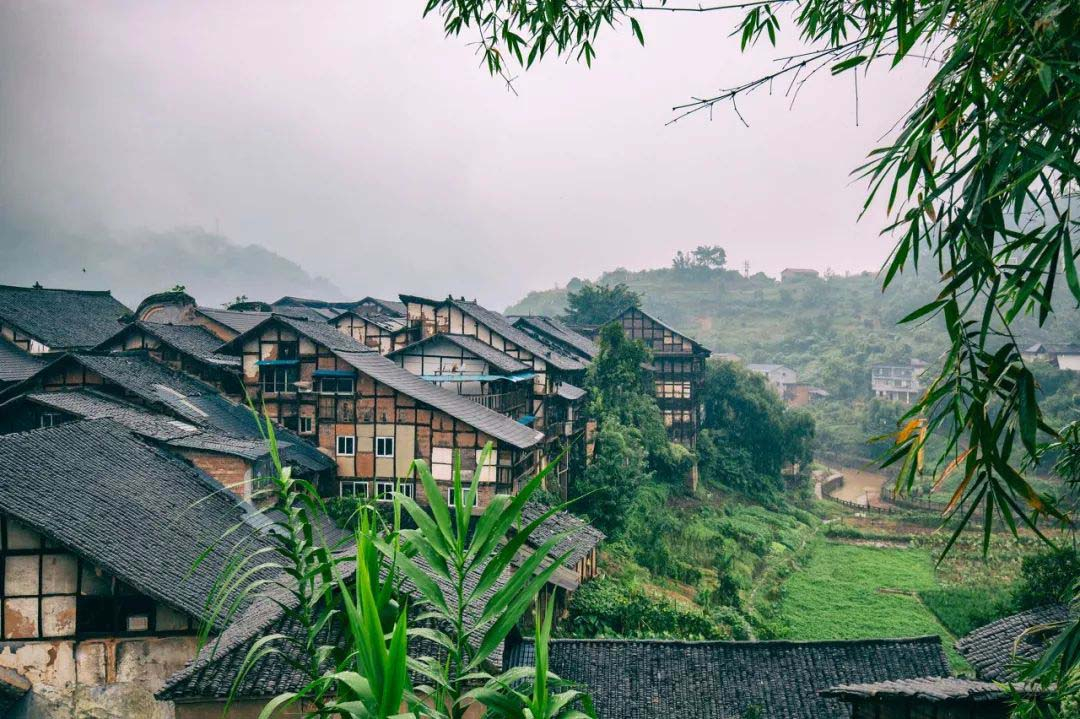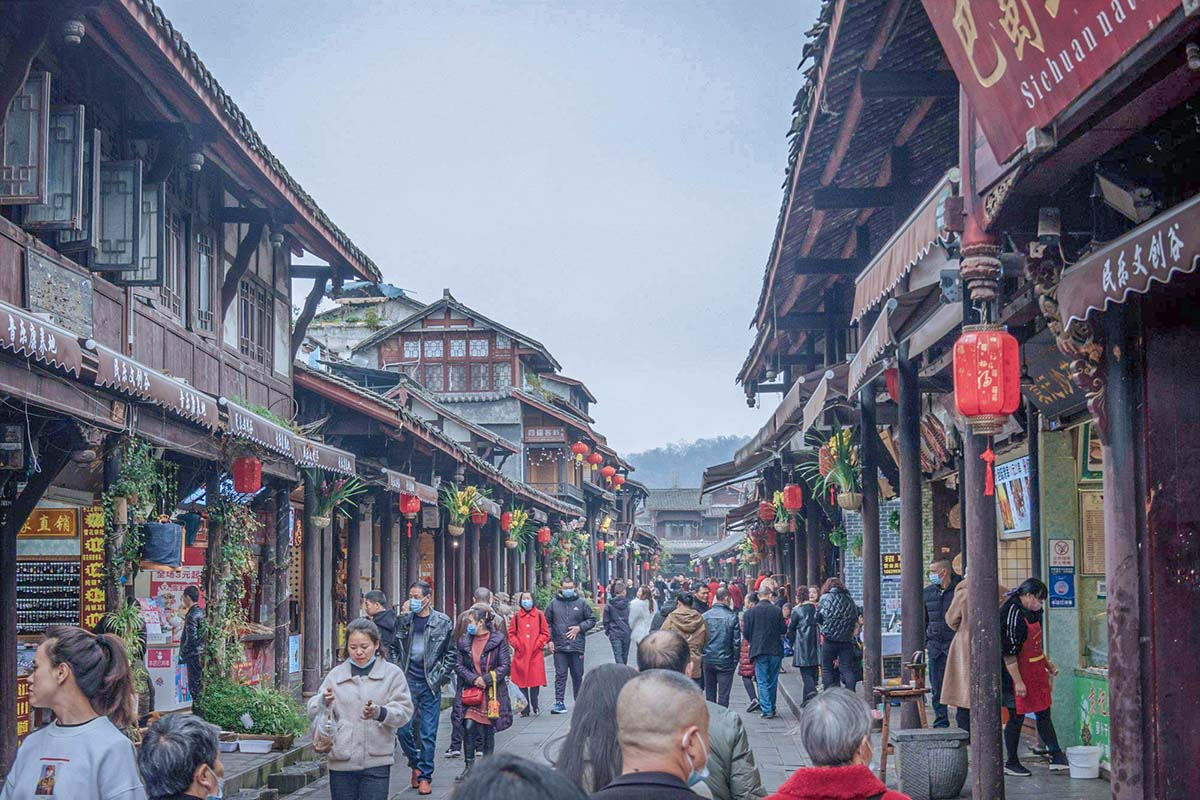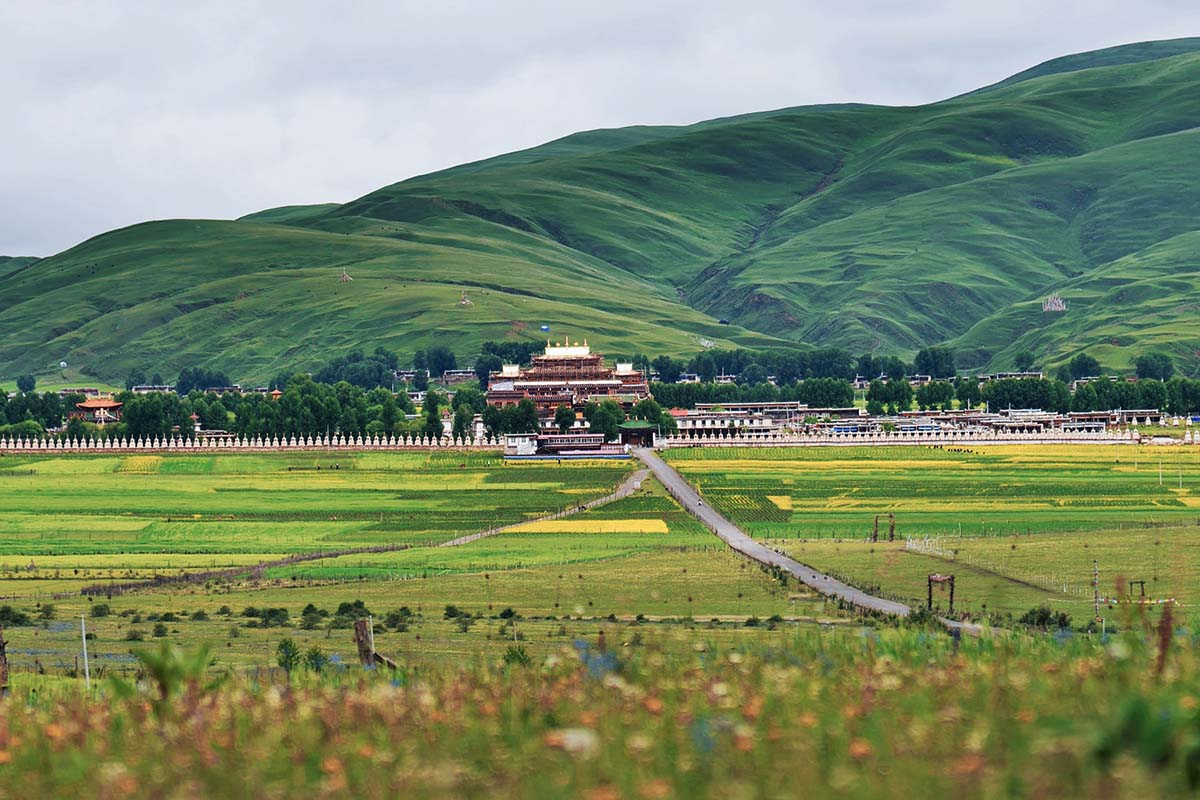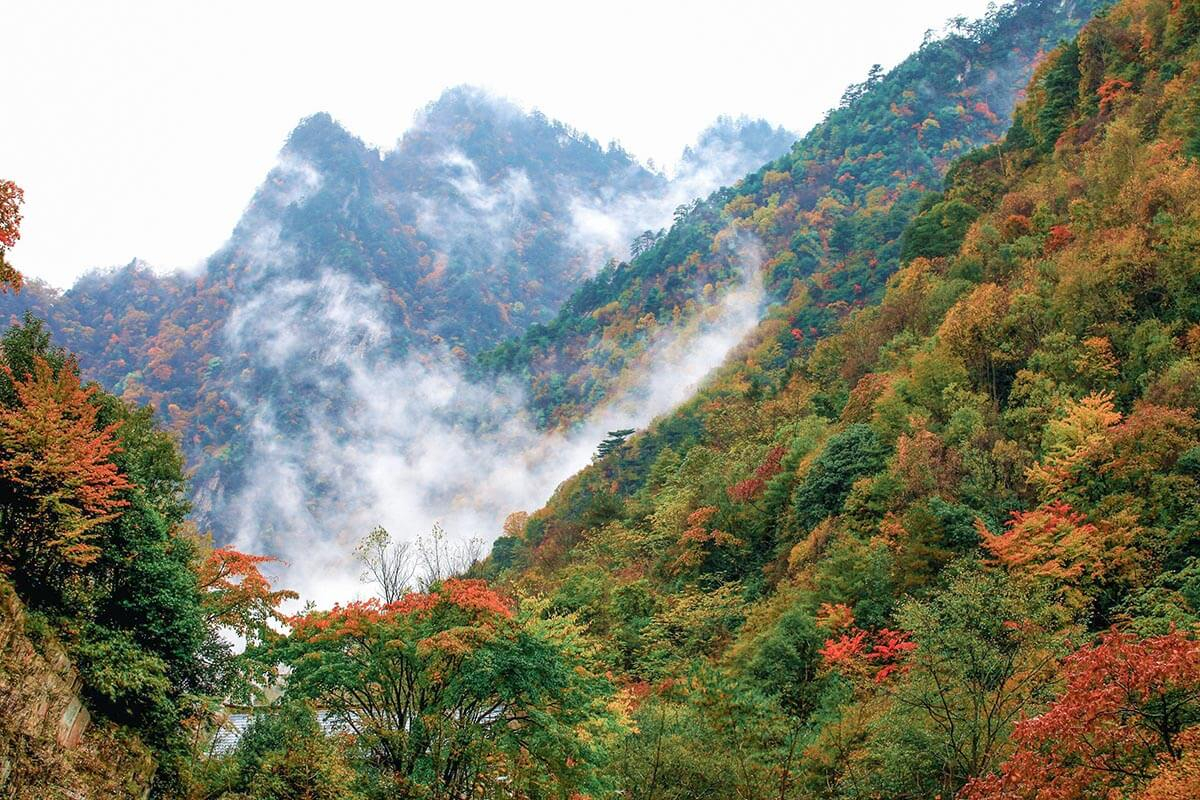Chengjia Tea Village
Chinese Name: 成佳茶乡(Cheng Jia Cha Xiang)
Location: Xicheng Road, Pujiang County, Chengdu, Sichuan Province
Ticket: Free
Estimated tour time: 2-5hours
Recommended time to visit: Mar to Jun
Nearby attractions: Mingyue Village, Pingle Ancient Town, Tiantai Mountain, Stone Elephant Lake, Xilai Ancient Town, etc.

Sichuan is famous for its tea production. There are plenty of tea plantations in Chengdu plain and its surrounding areas. Chengjia Tea Town refers to Chengjia Town, located in Pujiang County some 60km away from downtown Chengdu, is one of them. Driving from downtown Chengdu takes about 1.5 hour. This town has long history with tea planting and trading dating back to Tang Dynasty (9th century). It is on route the famous tea-horse trading road, a trading road that connects territories dominated by Han people and lands of then ethnic minorities through trading teas on the back of horse, hence the name tea-horse road. A 2 kilometer of the ancient road is preserved in Chengjia town.
Chengjia town is suitable for a one day tour. If visitors want to spend the night, they can also find B&B run by local people, or find a decent hotel in Pujiang County. This place is suitable to visit all year round, but April is recommended if you come for tea harvest. This town is the site of the annual Chinese Tea Picking Festival and the venue for Chengdu Village Food Festival. It is renowned for its fine green tea and beautiful country side scenery.
It is said that the heavy dew, frequent fog, dense humidity, lush forests and ample precipitation in and around Chengjia town, all contributed to the formation of substance called chlorophyll which gives special aroma to tea leaves.
The tea town, mainly Chengjia Town, covers an area of more than 100,000 mu(approx 6,667 hectors). This small and tranquil town would often be packed with tourist in early April when tea leaves are ready to be harvested and roasted. Its tea cultivation, processing and sales have formed a crucial life line for local villager..
Here in Chengjia, many country households have been turned into miniature tourist spots, able to receive and entertain visitors with various events and activities associated with teas and agriculture. With guidance of tea farmer, visitor can walk into tea plantations and experience tea harvesting, processing (roast tea with wok) and tasting. They can also provide simple country styled lunch or even accommodations for visitors.
- HOTEST
- RECOMMEND
